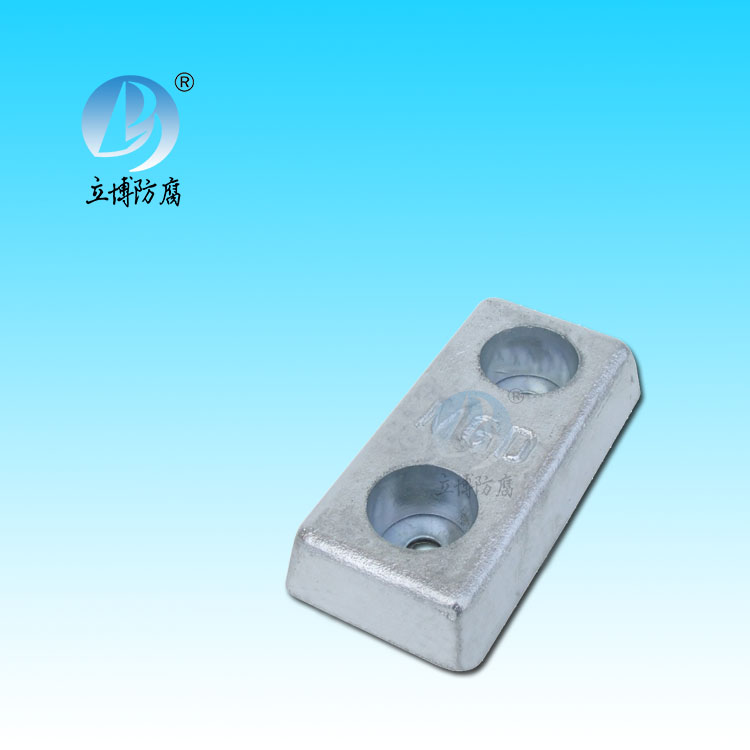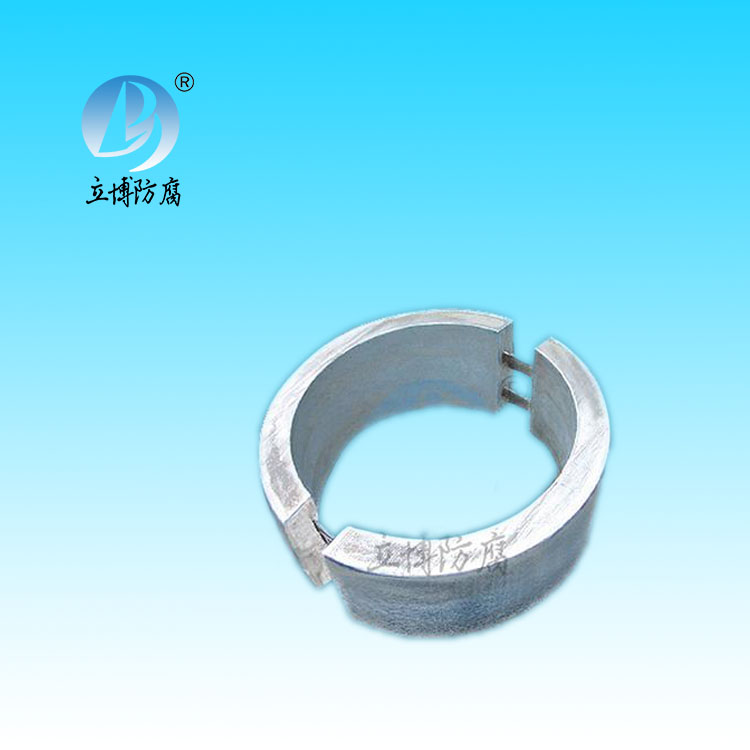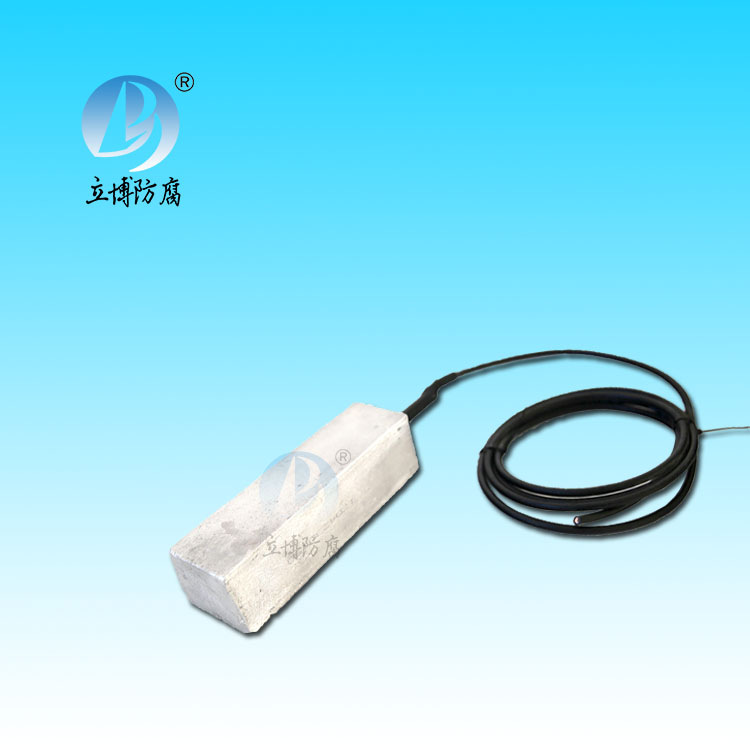News
News
- What is a sacrificial anode
- Basic requirements for reference...
- What does the reference electrode do...
- Why are zinc blocks attached to the ...
- What is the principle of impressed...
- What material does metal structure...
Contact
Phone:18739187123
hotline:0391-7588881
E-mail:970512272@qq.com
Address:Wuzhi County, Jiaozuo City, China
Industry News
Measuring method for cathodic protection
- Author:Libo
- Source:wwww.gofitnessfreak.com
- Date:2021-06-11
- Click:0
Current test: the middle distance of two wires welded at both ends is 30 meters.
Potential test: two lines of pipe, reference electrode wire.
Sliding reference method
This method is mainly used to measure the cathodic protection potential distribution of the outer wall of the bottom plate of large storage tanks. For a new storage tank, the sliding reference method is generally not used, but during the design period, a reference electrode is arranged on the center and radius of the tank bottom every 5-10m. Usually, the long-acting copper sulfate electrode or zinc reference electrode with packing is used, just like the near reference method, to measure the potential distribution of tank bottom. For the built tanks, the sliding reference method may be a feasible scheme.
Surface reference method
This method is a conventional method for measuring buried metal structures. The test point of this method is to place the reference electrode on the top of the underground metal structures and ensure a good electrical contact between the reference electrode and the soil. The reference electrode lead of the test wire leading from the metal structure to the ground is also connected to the high resistance voltmeter and the reading is taken directly. This method can be used for fixed-point measurements at the test pile or for long-distance closed-circuit measurements at the top of the pipe, where the measured data represent the pipe/ground potential at the reference electrode.
Nearly participation ratio method
In order to measure the pipe/ground potential more accurately and reduce the soil resistance pressure drop component as much as possible, the reference electrode can be placed as close as possible to the pipe surface under test. The measurement point of this method is to put the reference electrode as close as possible to the surface of the structure to be measured. If the measured surface has a good cover layer, the corresponding place of the reference electrode should be the iron dew point of the cover layer, otherwise it is not meaningful. For the hot oil pipeline, when using the near reference method, attention should be paid to the adverse effect of the thermal field of the pipeline on the reference electrode, which can be solved by pulling the auxiliary test piece out for a certain distance.
Current test: the middle distance of two wires welded at both ends is 30 meters.
Potential test: two lines of pipe, reference electrode wire.







 客服QQ
客服QQ